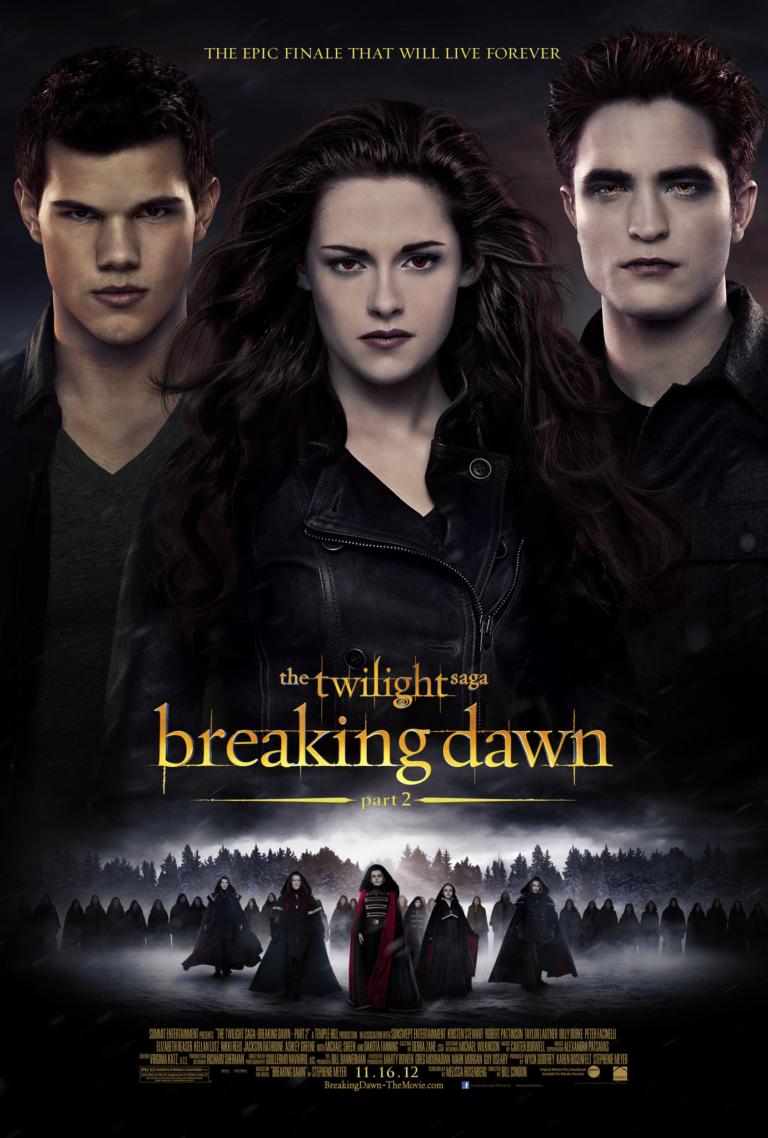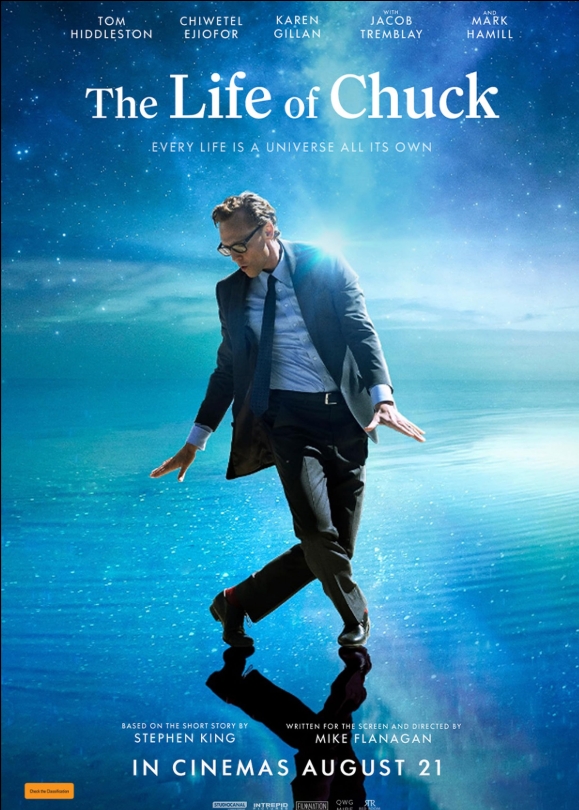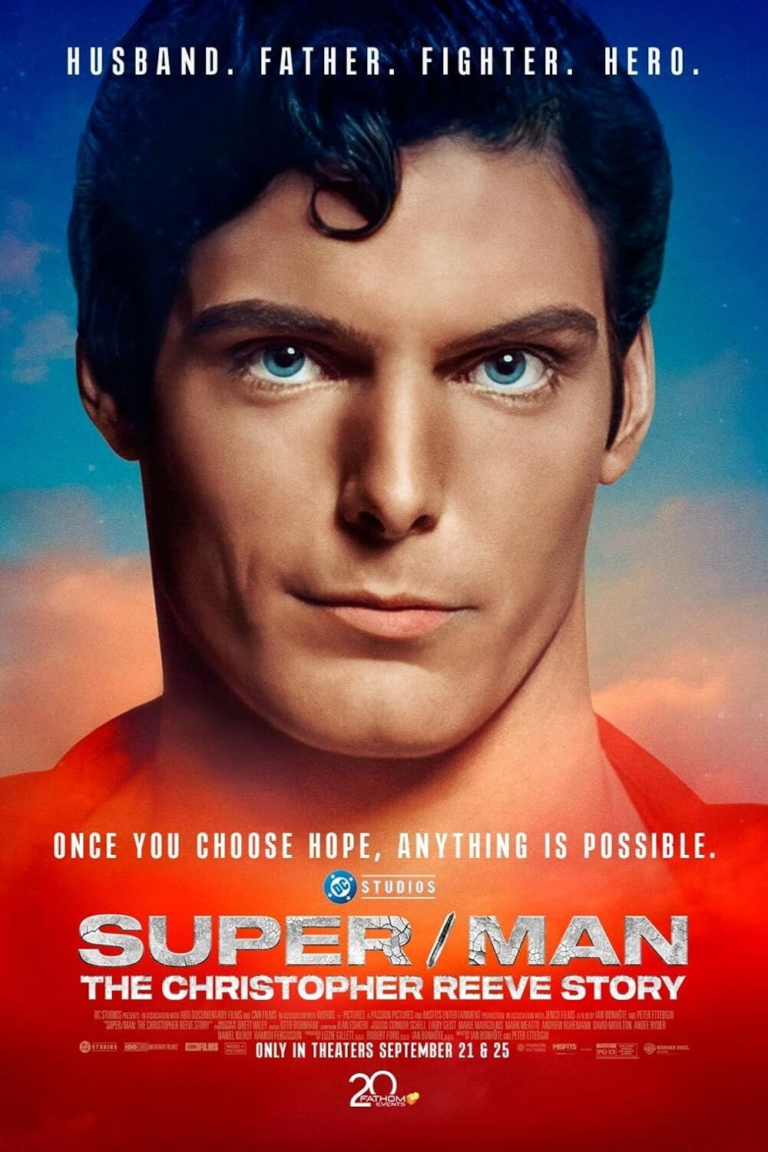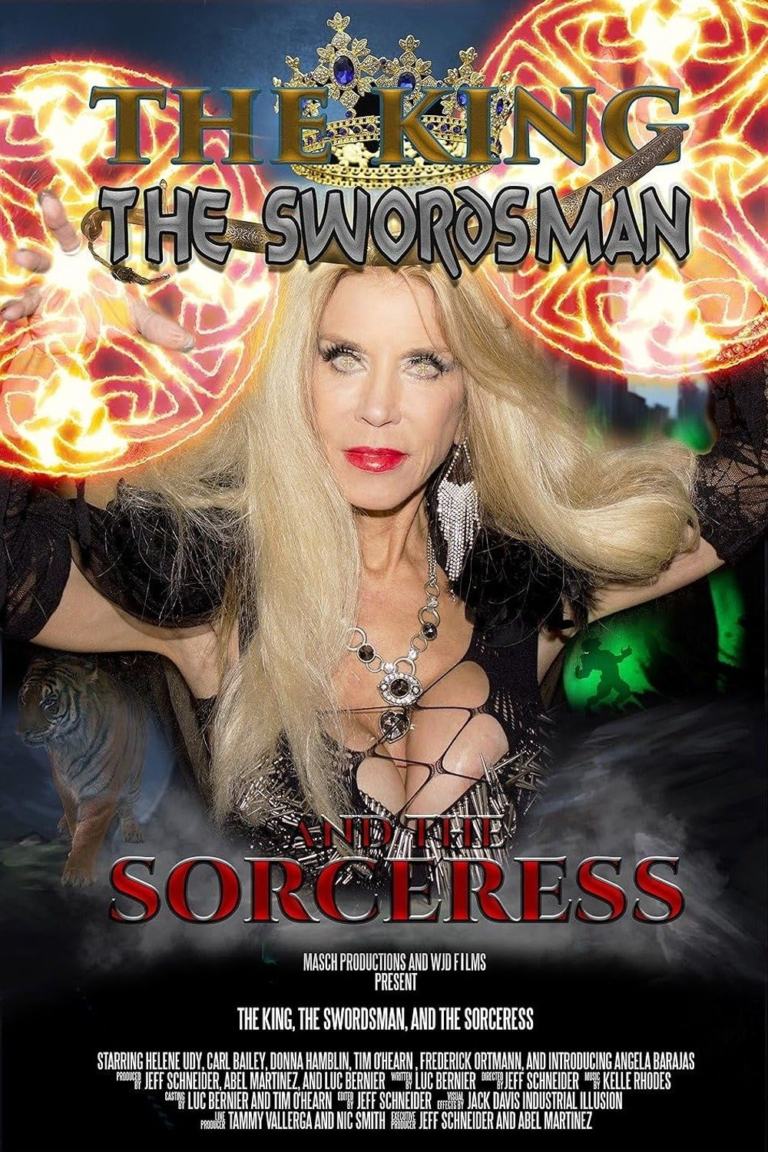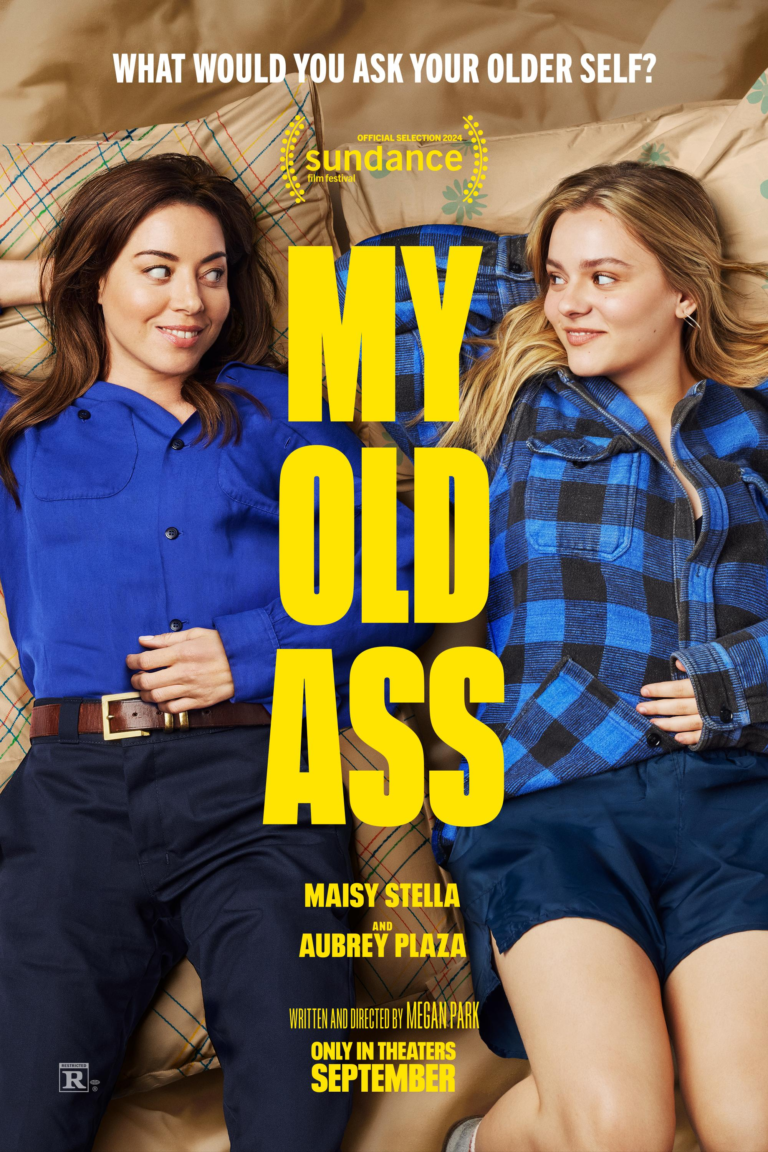I’ll Be Right There Christian Review
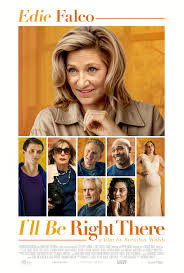
When you sit down to watch I’ll Be Right There, it feels like slipping into a pair of well-worn shoes—familiar, comfortable, no major surprises, but something about them doesn’t quite feel as satisfying as they used to. It’s one of those movies that ambles along with charm and humor, never asking too much of you, which for some people is perfect. But if you’re the kind of viewer who likes your entertainment with a little more depth, something that sticks to your ribs long after the credits roll, you might find yourself looking for more once it’s over. And yet, there’s this weird pull to it—something magnetic, maybe in its simplicity, maybe in the way the characters just feel like people you know.
Let’s start with Jim Beggarly’s writing. He’s got a knack for dialogue, and that much is clear from the get-go. The way the characters talk to each other feels natural, fluid, almost like you’ve wandered into the middle of a conversation at a coffee shop, except it’s not the kind of eavesdropping that leaves you feeling guilty afterward. You’re drawn in, maybe more than you expect to be. You find yourself leaning in closer, not because you’re waiting for some big twist, but because you actually care about these people and what’s happening in their lives. It’s that sort of film—the stakes aren’t earth-shattering, but they feel personal.
And then there’s Falco. She’s got this thing—this quiet intensity that pulls you in without ever raising her voice. She’s not giving you the performance of a lifetime here, but what she’s doing works. She doesn’t need to be grand or larger-than-life, and honestly, that’s part of what makes her so believable. She’s there in the role, fully present, and even if the movie isn’t asking her to take huge risks, there’s something subtle, almost delicate, about how she navigates her character’s emotions. It’s like she knows exactly when to pull back, when to let the smallest gesture do the heavy lifting. It’s acting without all the flair, but that doesn’t mean it’s not impactful. Sometimes the quiet moments hit hardest.
But here’s the thing: while I’ll Be Right There is full of these little moments of wit and warmth, it never quite lands anywhere solid. You can feel the movie circling around something—a neat conclusion maybe, a resolution that ties everything up in a nice bow—but it never fully gets there. And in a way, that feels deliberate. Like Beggarly and the director made a conscious choice to keep things messy, to reflect how life itself doesn’t always give you the answers wrapped up in a perfect package. And sure, there’s some wisdom in that. Life is messy. But for a film that gives you so much to invest in emotionally, it’s a bit frustrating to be left with an ending that doesn’t feel all that… conclusive.
It’s not that the ending is bad. It’s not. It’s just that after spending time with these characters, after laughing with them, feeling for them, you kind of want something more definitive. And maybe that’s just the human need for closure talking. But there’s something undeniably anticlimactic about a story that winds up feeling unfinished.
Still, there’s a lot to like about I’ll Be Right There, especially if you go in with the right mindset. It’s light. It’s breezy. It’s one of those films where you can sit back, relax, and enjoy the ride without having to do too much mental gymnastics to figure out what’s going on. It’s like hanging out with an old friend—there’s comfort in its familiarity. The jokes land, for the most part, and the pacing is quick enough that it never drags. You’ll chuckle. You’ll smile. You might even find yourself nodding in appreciation of some particularly well-crafted lines of dialogue. And when it’s over, you’ll probably feel satisfied, even if only temporarily.
But—and this is a big but—if you’re coming at this from a Christian perspective, there’s a little more to think about. Not because the film is problematic or offensive in any obvious way. It’s not. There’s nothing that’s going to raise red flags for most Christian viewers. There’s no language that’ll have you squirming in your seat, no overt moral dilemmas that will leave you questioning whether or not you should be watching it. On the surface, it’s clean enough.
Yet, as Christians, we’re often looking for something more in the stories we consume. We want them to speak to something deeper, to echo those eternal truths that we hold dear. And that’s where I’ll Be Right There comes up a little short. The movie doesn’t dive into any spiritual or moral themes in a meaningful way. It’s not trying to tell you something profound about life, faith, or the human condition. And that’s okay—not every movie has to be a sermon wrapped in celluloid. But for Christian viewers who are looking for something that speaks to hope, redemption, or grace, you might not find much to chew on here. The film is content to stay in the realm of the everyday, the mundane, without ever reaching for something higher.
At the same time, that’s part of the film’s charm. There’s a kind of honesty in its simplicity. It’s not trying to be anything more than what it is—a snapshot of people trying to navigate their lives, dealing with the same kind of small problems we all face. It’s real in that way. And sometimes, that’s all we need—a reminder that life is messy, and we’re all just trying to figure it out as we go along.
So, where does that leave us? I’ll Be Right There is worth watching, for sure. There’s some genuinely funny stuff in here, some solid writing, and performances that make you care about what’s happening on screen. It’s not groundbreaking cinema, and it’s certainly not going to change the way you think about life. But it’s a pleasant way to spend an hour and a half, and there’s something to be said for that.
From a Christian perspective, though, it’s a little less fulfilling. You won’t walk away feeling like you’ve had a deep spiritual experience or even a particularly moving one. It’s fine—it’s good, even—but it’s not something that will stick with you in any profound way.
Rating: 6.5/10. You’ll enjoy it, but don’t expect it to challenge you or leave you with much to ponder after the credits roll.

